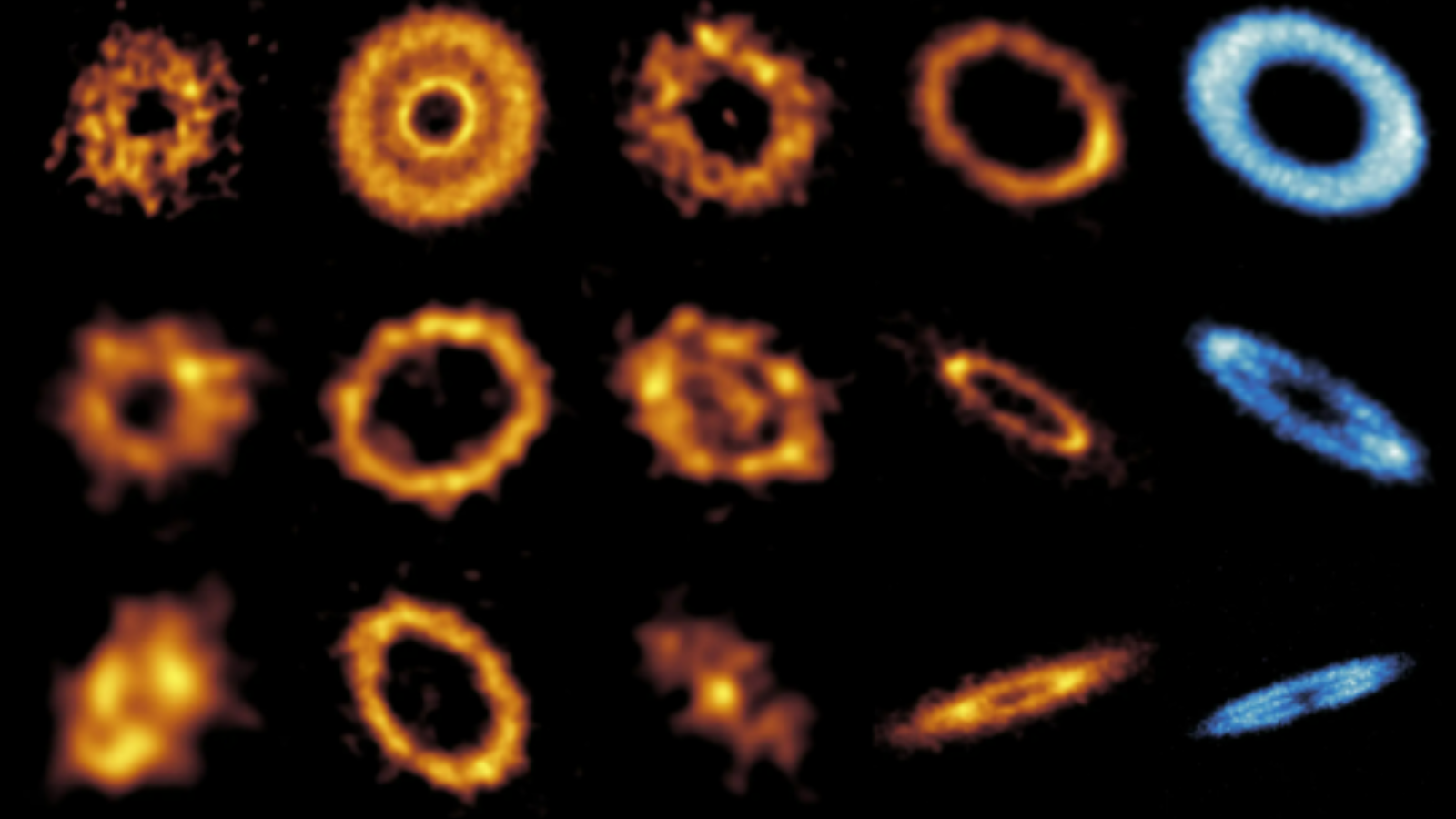Europe's Re-entry Space Vehicle Linked to Space Station Extension
PRAGUE ? TheEuropean Space Agency (ESA) will be seeking the approval of is memberstateslate this year to extend its participation in the international spacestationto 2020, a decision that will bind participating nations to presetbudgetcontributions an d could pave the way for a new spacecraft capable ofreturningcargo and experiments to Earth, ESA officials have announced..
ESAofficials said Sept. 27 that they hope to use their member governments'approval of a five-year extension to win endorsement for development ofareusable version of Europe'sAutomated Transfer Vehicle, an unmanned freighter thatdelivers supplies tothe station and reboosts the station's orbit before being filled withgarbageand burned up on a controlled re-entry into the Earth's atmosphere.
If the station'sservice life is extended to 2020, the agency has a greaterincentive toreplace the Automated Transfer Vehicle with an AdvancedRe-entry Vehicle (ARV) that would return cargo to Earth.
ESA's spacestation director, Simonetta di Pippo, said none of the agency'sdelegations hasvoiced opposition to the five-yearextension and that she is confident it will be approved. Ifthat is thecase, she said, the agency will propose to its governments to spendsome 150million euros ($200 million) on preparations for an ARV. Fulldevelopment,which would cost considerably more, would then be proposed to ESAgovernmentministers scheduled to meet sometime in 2012.
Speaking toreporters here during the 61st International Astronautical Congress, diPipposaid a decision to develop ARV would be accompanied by the cancellationof thesixth and seventh Automated Transfer Vehicle. Money saved on buildingthesevessels would offset some of the ARV development costs. A full ARVprogramapproval in 2012 would permit the agency to begin flying the vehicleperhapsaround 2017. [Video? How the ARV spacecraft could work.]
ESA hasagreed to repay NASA, the space station's general contractor, inservicesrather than cash in return for NASA's provision of the station'soperatingexpenses, which among other things permits ESA's Columbus habitablemodule tofunction. Automated Transfer Vehicle cargo-delivery and station-reboostflightsare part of that payment. ARV would take over that role.
ESADirector-General Jean-Jacques Dordain said here Sept. 27 that while heisconfident that the five-year extension has the approval of all Europeannationsparticipating in the station, he does not want a general agreementwithoutspecific guarantees on which nation will pay how much of the associatedcosts.
Breaking space news, the latest updates on rocket launches, skywatching events and more!
For now,Germany, France and Italy pay the dominant share of ESA's space stationexpenses. These nations presumably will be asked to continue financingtheproject through 2020.
"Thereis no objection to extending the station's operations to 2020," Dordainsaid. "What still needs to be decided is the cost, and the scale ofcontributions. I don't want an approval now without deciding thisaspect aswell. I hate decisions that are 'subject to availability of funds.'What weneed to agree to now is the distribution of costs. That is thedifficult part."
- TheBest Manned Spaceships of All Time
- Video#151; Europe's Advanced Re-entry Vehicle Plans
- EuropeSends Huge New Robot Space Freighter to Launch Site
This articlewasprovided by SpaceNews,dedicated tocovering all aspects of the space industry.
Peter B. de Selding is the co-founder and chief editor of SpaceIntelReport.com, a website dedicated to the latest space industry news and developments that launched in 2017. Prior to founding SpaceIntelReport, Peter spent 26 years as the Paris bureau chief for SpaceNews, an industry publication. At SpaceNews, Peter covered the commercial satellite, launch and international space market. He continues that work at SpaceIntelReport. You can follow Peter's latest project on Twitter at @pbdes.
